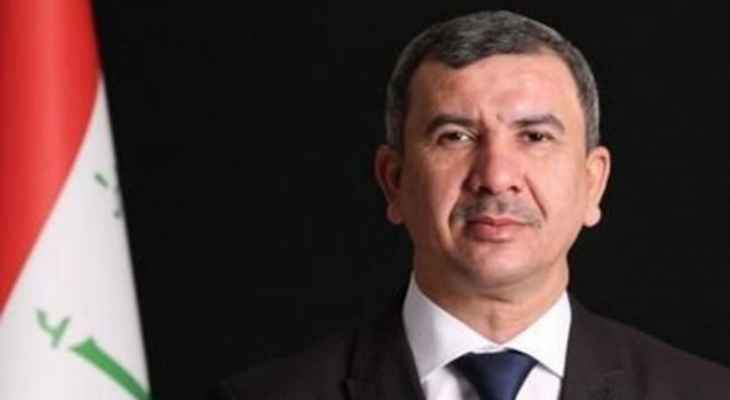Iraqi Oil Minister Ihsan Abdul-Jabbar indicated that “Iraq’s exports will not be affected by OPEC’s decision to cut production as a result of managing domestic consumption and in line with the decision to cut production in order to maintain current export opportunities” and indicated that “the decision to cut output was in line with the wise policies pursued by OPEC+ in recent years, which has been actively taking precautionary measures to counter oil market fluctuations.
He explained during the organization’s ministerial meeting that “the decision aims to protect oil markets from negative impacts as a result of the conditions and challenges facing global markets”, noting that “Iraq is committed to maintaining its benchmark production level, which was set by agreement between the states members in July 2021.”
The OPEC+ alliance officially announced “to cut oil production by two million barrels per day starting in November, based on the agreed levels of August” and announced that “the current OPEC+ agreement is being extended until December 2023 instead of the end of this year.”
As a result, the White House confirmed that “U.S. President Joe Biden has asked the Department of Energy to allocate an additional 10 million barrels from the strategic reserve next month” and emphasized that “Biden will continue to lead the withdrawal from the strategic reserve as needed, and he is disappointed.” Hope for a short-sighted OPEC+ decision.”
He pointed out that “it is clear that OPEC+ is in alliance with Russia, and its decision to cut production was a mistake and in the interests of Russia,” and added that “Biden instructed the Department of Energy to consider all available measures in order to maintain price stability for oil”.
For his part, Russian Deputy Prime Minister Alexander Novak said that “Russia is ready to supply gas to Europe via the untouched Nord Stream 2 branch,” pointing out that “OPEC+’s decision to cut oil production is unprecedented and driven by necessity,” to balance the market.
Source: El Nashra
